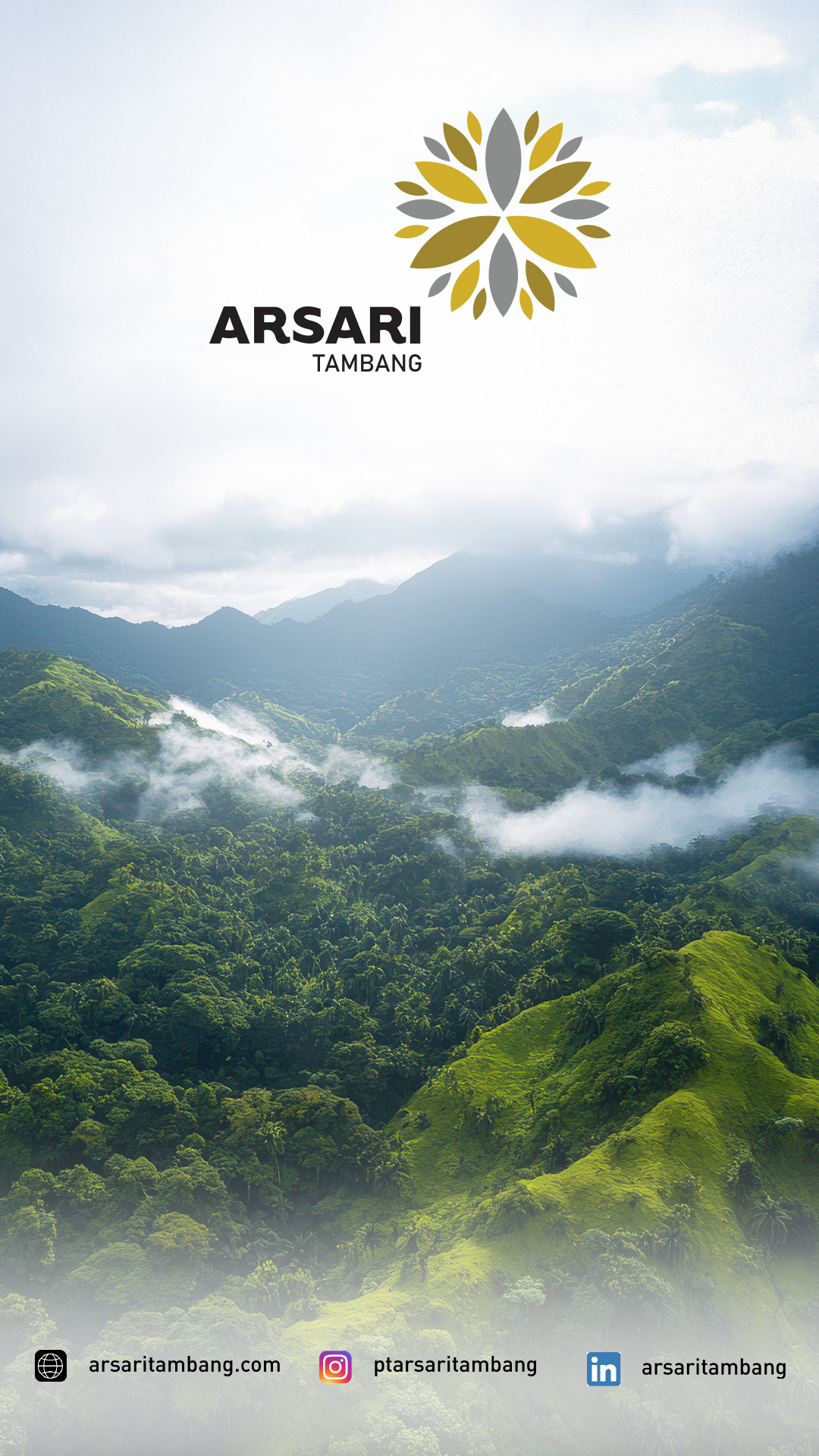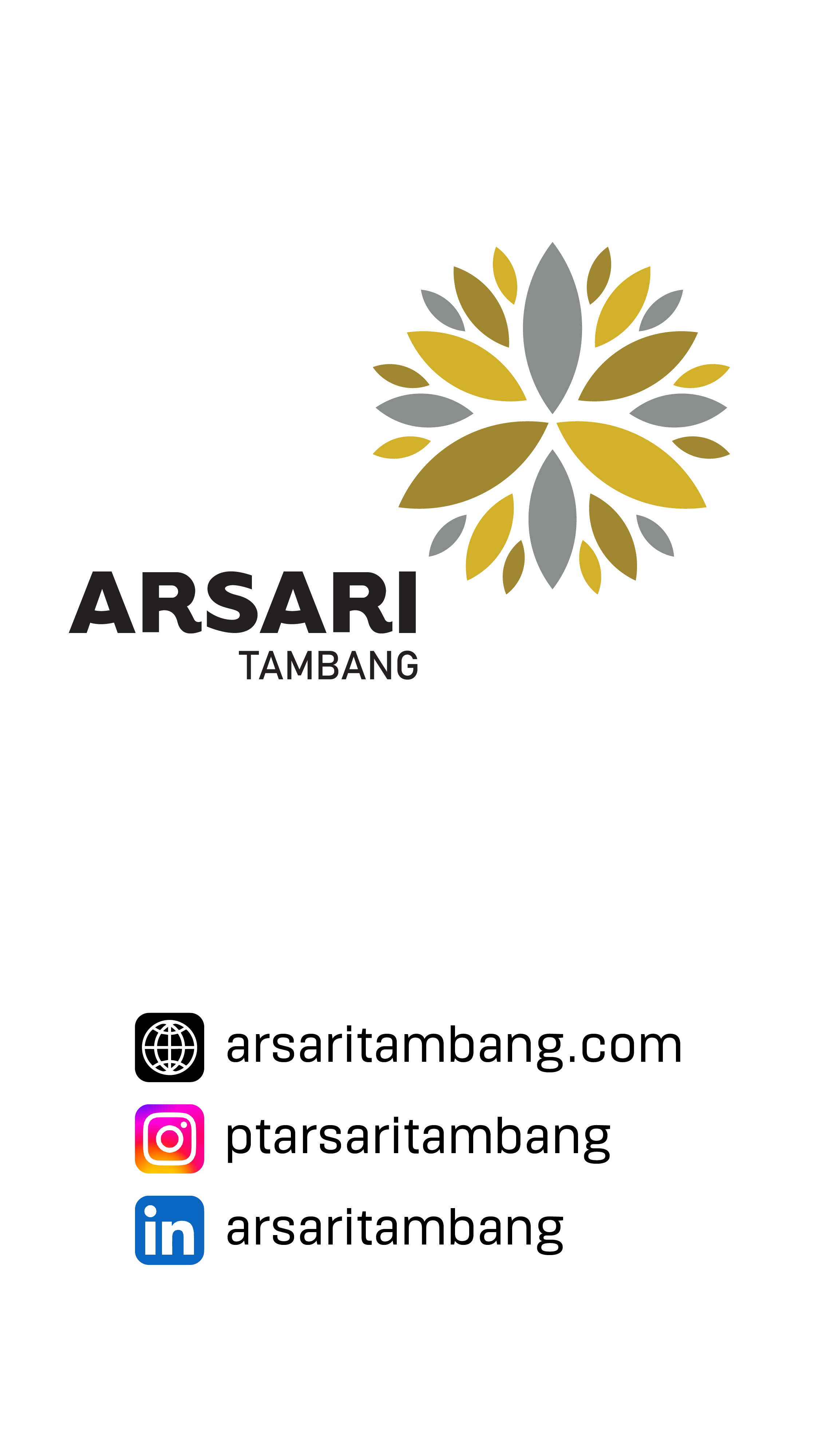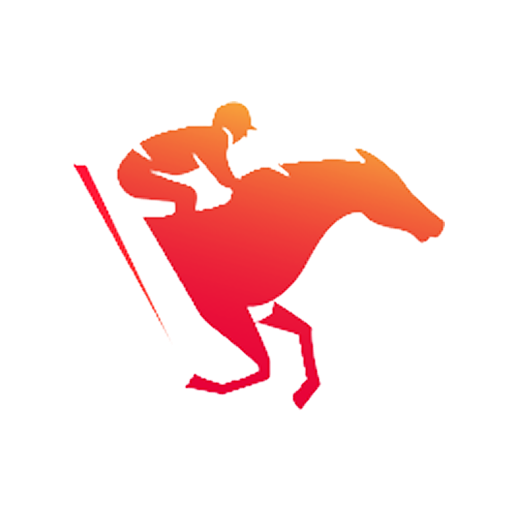


SARGA.CO—West Sumatra is known as one of Indonesia's horse racing hubs, with a long-standing tradition. The culture of horse riding in this province is deeply rooted and has become an inseparable part of the local community's life.
The existence of horse racing in West Sumatra is rooted in a tradition called Pacu Kudo. Every year, thousands of people fill the racecourses scattered across several regions, such as Bukittinggi, Payakumbuh, and Padang.
The community's love for horse racing in West Sumatra is deeply ingrained. The horse riding tradition is passed down from generation to generation as an inseparable part of the family heritage.
This dedication is evident from horse racing fans who are willing to travel long distances from the early morning to watch the race between their favorite horses. It's no surprise that horse racing is not just entertainment but also a family recreational event, a business arena, and a place to forge social connections.
Quoted from the book entitled Potensi Pacu Kudo sebagai Objek Pariwisata di Nagari Vii Koto Talago, Kecamatan Guguk, Kabupaten Lima Puluh Koto, written by Almaizon Refisrul, horse racing in West Sumatra has a long history and shows the influence of Dutch colonialism.
The horse racing tradition in West Sumatra began with the arrival of the Dutch, who settled in the highlands, such as Bukittinggi, in the 19th century. They brought European horse racing traditions and formed an organization called Rembond.
To accommodate this, they built racecourses, one of which was Bukit Ambacang in Bukittinggi in 1888.
Over time, the Dutch Colonial Government used horse racing as a way to encourage locals to raise horses. Racecourses were then officially inaugurated in various cities across the province until 1913.
This tradition was temporarily halted during World War II and the early days of independence. However, horse racing was revived with a strong regional identity, where each city had its own distinctive flag colors and jockey uniforms.
For example, Bukittinggi-Agam is identified with the color red, Payakumbuh with blue, and Batusangkar with yellow. Meanwhile, Padang uses a yellow-blue combination, Solok with yellow-red, and Pariaman with a yellow-green combination.
During the colonial era, horse ownership was limited to the Dutch elite and local officials. After independence, ownership gradually shifted to the local community in line with their enthusiasm for horse racing.
After the period of independence, interest in racehorses shifted to local entrepreneurs, officials, and aristocrats. In Minangkabau, owning a racehorse became not only a hobby but also a symbol of status and wealth, which made this tradition more deeply rooted in the social life of the community.
Horse racing events are now enlivened with public parties, night markets, and exhibitions of local products. This makes horse racing an important item on the traditional and cultural calendar and is often held during religious holidays or major Islamic holidays.
Citing the same source, a victory in horse racing is a great source of pride for horse owners in West Sumatra. They are willing to spend tens of millions of Rupiah to get a quality horse, not including its maintenance budget.
The prestige of a victory does not last for a moment. The name of the horse and its owner will continue to be mentioned, even when the horse does not participate in the next race. The high value of this prestige indirectly triggers tight competition and affects the market price of horses.
The price of a racehorse varies depending on factors such as lineage, speed, and the number of victories. Regional prestige also affects the appraisal of a racehorse, where horses from areas with a strong horse racing tradition tend to be valued higher.
Besides bringing pride, horse racing also serves as a venue for owners, who are often from the business community, to expand their networks with officials. A victory makes their name widely known, opening the door for connections that can facilitate business matters.
All of this proves that the existence of horse racing in West Sumatra goes far beyond the sports arena alone. This tradition has also become a form of entertainment, a symbol of social status and honor, as well as a space for recreation and the local community's economy.
To this day, West Sumatra is renowned for its strong horse racing culture. This is proven by the role of the local community in preserving the Pacu Kudo tradition, even after independence.

According to the West Sumatra 360-page report, horse racing also underwent improvements in a more professional direction during the development era. Starting in the 1960s to the 1980s, the local government and community leaders in West Sumatra seriously synergized to develop the equestrian sport.
This effort was realized through more modern horse farm management and by importing superior horse breeds from abroad to produce more competitive racehorses.
The formation of PORDASI in 1966 brought West Sumatra's horse racing to the national stage, sparking professionalism that led to brilliant achievements at the national level. These achievements spurred the enthusiasm of the government and the local PORDASI management to continue to preserve this community and tradition.
Various efforts continue to be made, ranging from improving racecourses, holding regular championship events, to massive promotions through social media and digital tourism.
Thus, horse racing in West Sumatra is not only preserved as a tradition but has also developed into a professional sport that brings achievements and pride to its people.
As a timeless tradition, horse racing in West Sumatra is proof of the harmonious blend of tradition and modernization. Beginning with a colonial influence, this sport has now become an inseparable part of the local identity.
Even today, the horse racing tradition in West Sumatra continues to develop into a prestigious event that combines entertainment, a symbol of social status, and a driver of the local economy.





















































Install SARGA.CO News
sarga.co